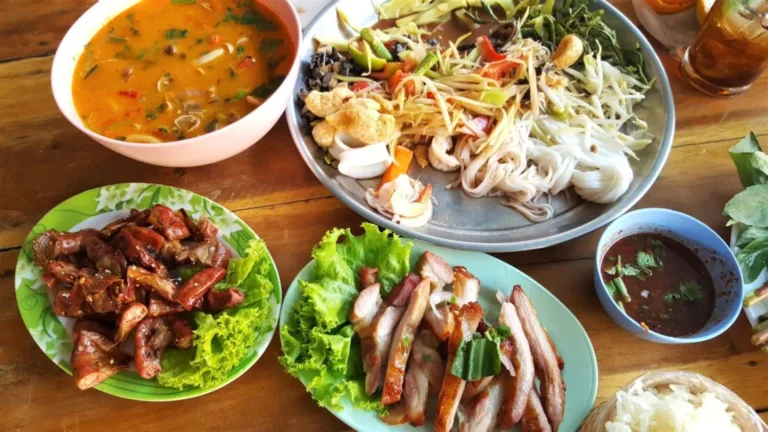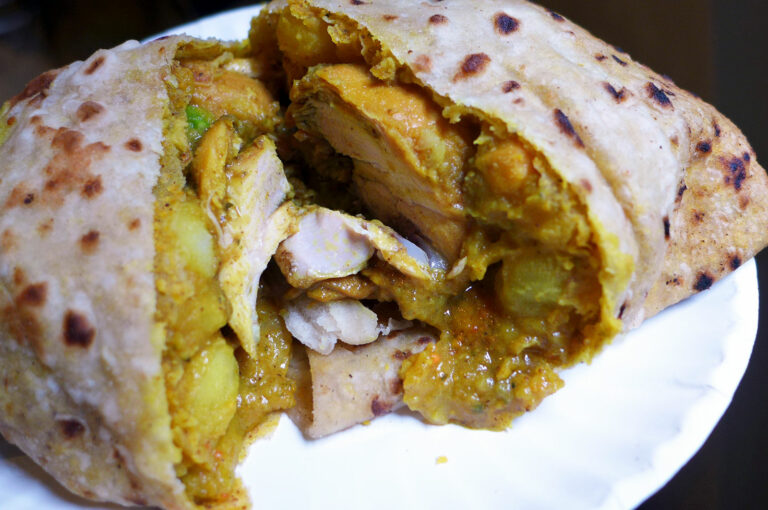Introduction: Exploring the Safety of Street Food in Tanzania
Tanzania is a country known for its rich and diverse cuisine, with street food being a popular option for locals and tourists alike. However, there is a growing concern about the safety of street food in Tanzania due to the prevalence of foodborne illnesses and infections. While street food can be a convenient and affordable option for many, it is important to understand the risks associated with consuming food that is prepared and sold on the streets.
Understanding the Risks of Consuming Street Food in Tanzania
The risks associated with consuming street food in Tanzania are primarily related to food safety and hygiene. Street food vendors may not have access to proper facilities, equipment, or sanitation practices, which can lead to cross-contamination and the spread of foodborne illnesses. Additionally, the ingredients used in street food may not be fresh or properly stored, increasing the risk of contamination.
Consuming contaminated street food can lead to a range of health issues, from mild stomach upsets to more severe illnesses such as cholera or typhoid fever. Furthermore, tourists may be more susceptible to these risks due to differences in immune systems and unfamiliarity with local food practices.
Factors that Contribute to Unsafe Street Food in Tanzania
There are a number of factors that contribute to the unsafe nature of street food in Tanzania. Lack of access to clean water, a lack of proper infrastructure and sanitation systems, and a lack of education on food safety practices all contribute to the spread of foodborne illnesses. Additionally, some street food vendors may be operating without proper licenses or permits, which can lead to unsafe food handling practices.
Measures Taken to Ensure the Safety of Street Food in Tanzania
The Tanzanian government has taken measures to ensure the safety of street food, including implementing food safety regulations and licensing requirements for street vendors. However, the implementation and enforcement of these regulations can be a challenge, particularly in more rural areas. Additionally, non-governmental organizations (NGOs) are working to educate both vendors and consumers on proper food handling practices to minimize the risk of foodborne illness.
Tips for Eating Safe Street Food in Tanzania
Consumers can take steps to reduce their risk of foodborne illness when consuming street food in Tanzania. Some tips include:
- Choosing vendors who have proper licenses and permits
- Observing the vendor’s food handling practices and looking for signs of cleanliness
- Avoiding street food that has been sitting out for extended periods of time
- Choosing hot, freshly prepared foods over cold or raw options
- Washing hands before and after eating
Conclusion: Balancing the Risks and Rewards of Street Food in Tanzania
While street food in Tanzania can be a delicious and affordable option, it is important for consumers to understand the risks associated with consuming food that is prepared and sold on the streets. By taking necessary precautions and being mindful of food handling practices, individuals can reduce their risk of foodborne illnesses while enjoying the unique flavors of Tanzania’s street food.










